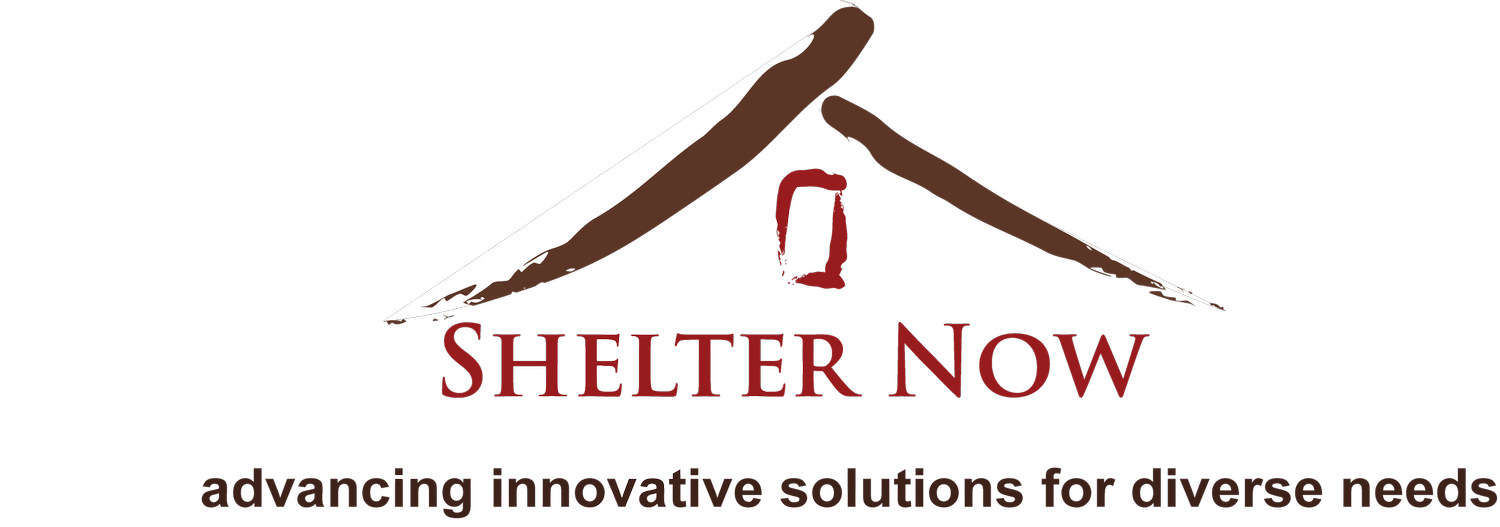Alternative Shelter Network
THE ALTERNATIVE SHELTER NETWORK brings together activists, allies and other organizations in the pursuit of best practices and information sharing on the topic of shelter solutions. ASN is developing resources for budding shelter projects to guide them through the often difficult and confusing terrain of city codes and project funding, while working to counter the current and historical inequities that underpin many established shelter policies.
Shelter Now provides support for the Alternative Shelter Network by helping to plan and facilitate meetings, providing budget management through our fiscal sponsor, and coordinating with the Joint Office of Homeless Services for staff support as provided in the 2023 Multnomah County Budget. ASN is an autonomous network, and Shelter Now is pleased to be a participant in and supporter of this inititative.
ALTERNATIVE SHELTER NETWORK MISSION STATEMENT:
MISSION: We are an inclusive network that collaborates, advocates, communicates, and learns together to create and foster a wide variety of shelter alternatives across the Portland region.
VISION: That all people have access to a choice of shelter that meets people where they are, offers healing and community, and where they are treated with dignity and humanity.
SHARED BELIEFS:
Shelter alternatives should be fairly distributed across the hearts of our neighborhoods rather than out of sight in service deserts
Unhoused people need trauma-informed, anti-oppressive and person-centered alternative shelter choices.
There is a place for government action and there is a place for community action. Both are .required for a complete set of solutions.
There is an immediate and ongoing need to act responsively and intentionally.
Building a sense of community and mutual engagement between shelter guests and housed neighbors is critically important.
There is a need for ongoing tracking and learning about best practices, and how to address challenges, with regular reports to the public
There is a need to elevate the voices of BIPOC, LGBTQIA2S+, those with disabilities or who are neurodivergent, and other marginalized communities and to center the needs and voices of those with lived experience of homelessness.
